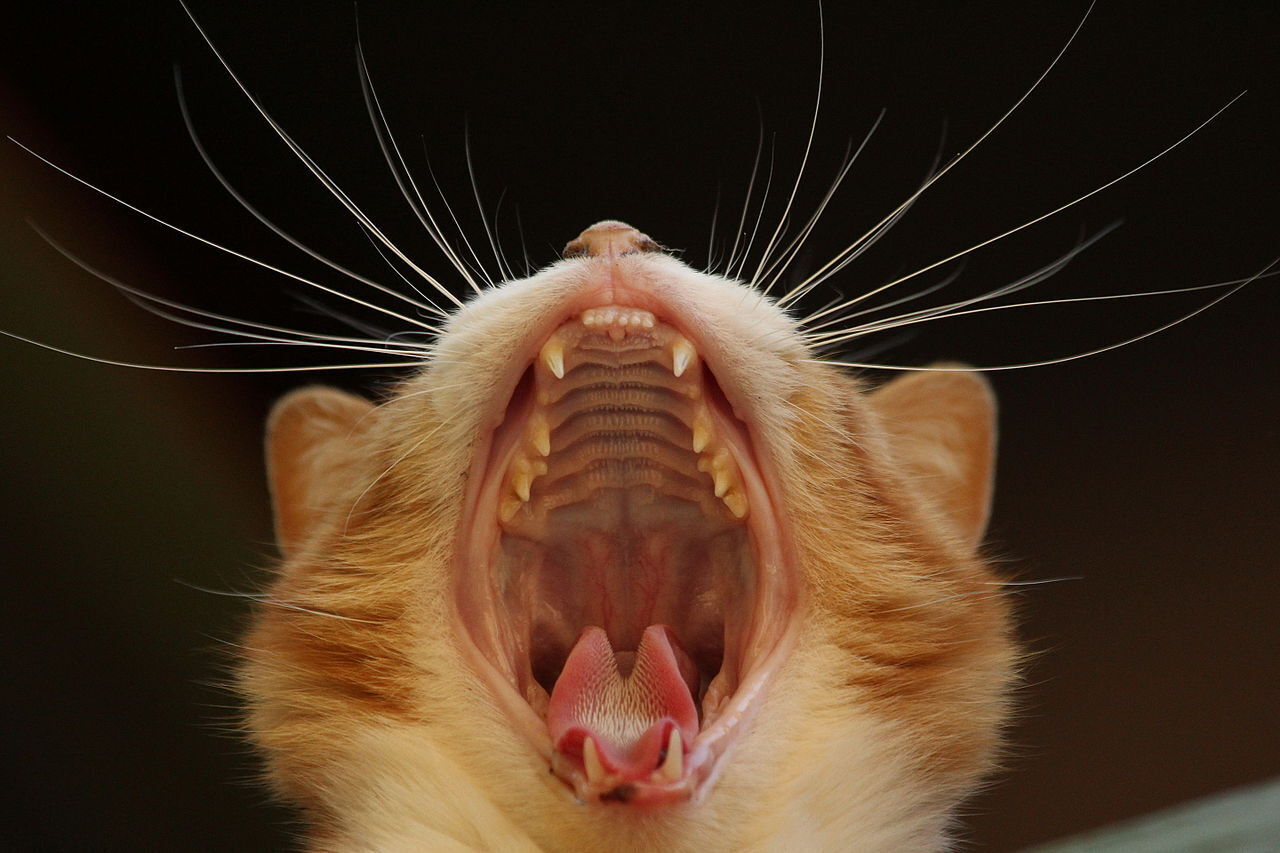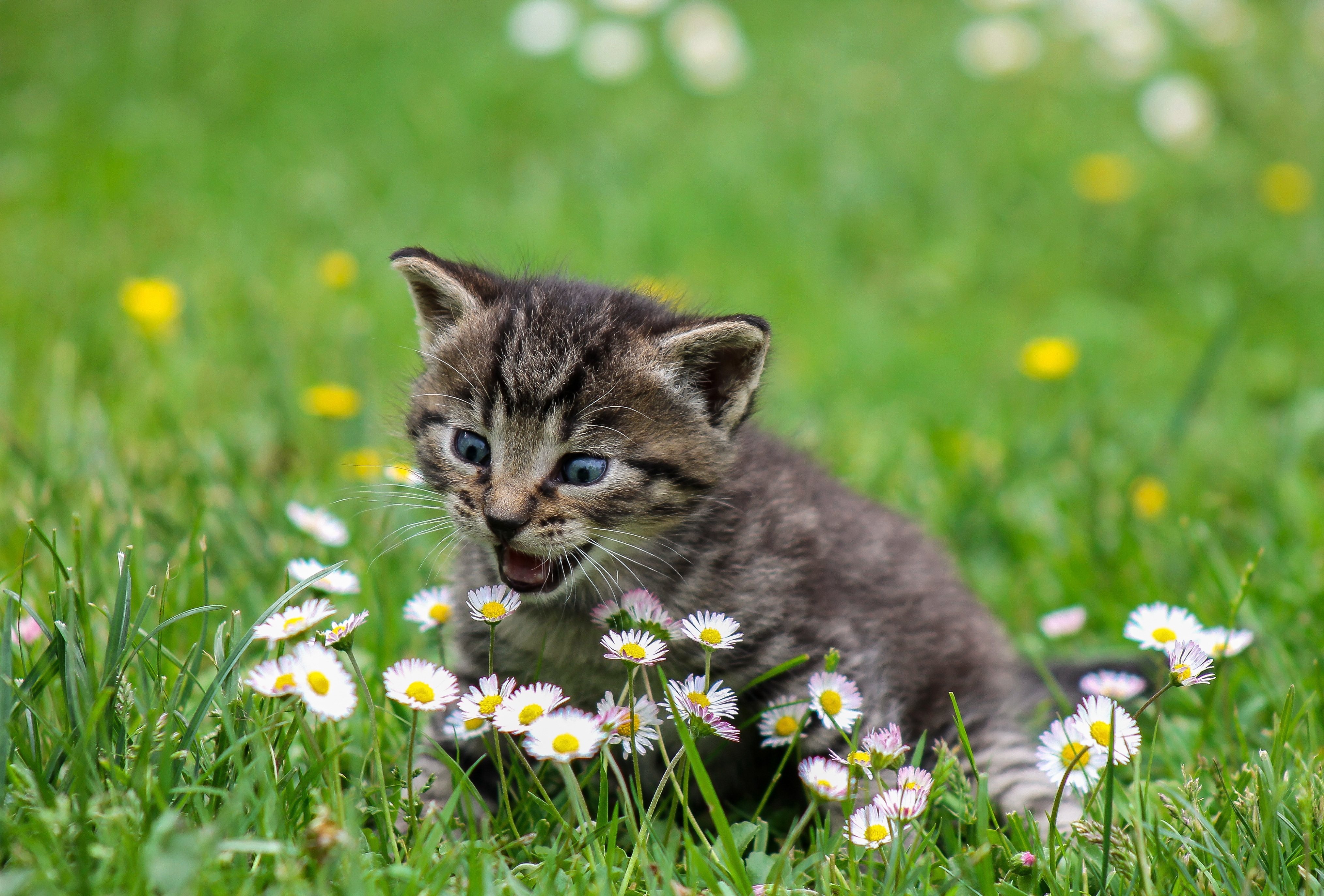#cc0
Learn to count in #Esperanto in tri minutes
(Lernu konti en Esperanto en tri minutoj)
The building blocks:
0 -- nul [as in /dev/null]
1 -- unu [as in unu*ity ;-)]
2 -- **du* [as in du*ality]
3 -- **tri* [as in tri*angle (but the "i" is pronounced as in mach*i*ne)]
4 -- **kvar* [as in quar*tet]
5 -- **kvin* [as in quin*tet]
6 -- **ses* [as in ???, but still not difficutl to remeber it]
7 -- sep [as in sep*tember (the 7th month in the Roman calendar)]
8 -- **ok* [as in oc*tober or *oc*tagon]
9 -- **naŭ* [as in naŭ*veber ;-)]
10 -- **dek* [as in dec*ade]
100 -- **cent* [as in cent*ury]
1000 -- **mil* [as in *mil*lennium]
Using these building blocks, you count the simplest and most logical way:
11 -- dek unu, 12 -- dek du, 13 -- dek tri, 14 dek kvar--, etc.
20 -- dudek, 21 -- dudek unu, 22 -- dudek du, 23 dudek tri, etc.
30 -- tridek, 31 -- tridek unu, 32 -- tridek du, 33 -- tridek tri, etc.
40 -- kvardek, 50 -- kvindek, 60 -- sesdek, 70 -- sepdek, 80 -- okdek, etc.
123 -- cent dudek tri, 345 -- tricent kvardek kvin, 678 -- sescent sepdek ok, etc.
1010 -- mil dek, 2020 -- du mil dudek, 34567 -- tridek kvar mil kvincent sesdek sep, etc.
Forming ordinals is also really simple (just add an "a"):
1st -- unua, 2nd -- dua, 3rd -- tria, 4th -- kvara, 5th -- kvina, 6th -- sesa, 7th -- sep, 8th -- oka, 9th -- naŭa, 10th -- deka, 11th -- dek unua, etc.
That's all. It was nice and easy, right?
Of course, not just counting is nice, regular and easy in Esperanto. One of the main goals of Zamenhof was to create a language that one can be learned quickly and easily. This goal is already achieved since it way easier to learn it that any natural language.
"145 hours of Esperanto is enough, for a French speaker, to reach a level about equivalent to 1500 hours in English or 2000 in German; showing Esperanto is learned 10 to 13 times faster than other languages" see this Wikipedia page
Even though roughly 1 in 7 people speaks English and also 1 in 7 people speaks Mandarin, most (pairs of) people still don't have a
common language.
If two people don't have a common language, it is more fair, easy and cost efficient to both of them learn Esperanto than to one of them learn the language of the other. (It can be at least 5--6 times cheaper/easier to learn Esperanto for the two of them, than for one of them to learn the other's language as it is 10--13 times faster to learn Esperanto than other languages, see above.)
So it would be perfectly reasonable to teach Esperanto worldwide.
Regardless of this, Esperanto is not an international auxiliary language of the world yet, but that is not the failure of Esperanto. That is the failure of (hu)mankind. We are mostly a bunch of idiots, who are still fight wars, overvalue money against life, hate each other for foolish reasons, etc. So it is not surprising that even the most obvious things takes centuries for us to embrace.
So why bother learning Esperanto?
The most obvious reasons are:
- it is fun to learn it
- it helps learning other languages, see the propaedeutic value of Esperanto
- you gain access to the international Esperanto culture
For example, Esperanto music can be listened at various podcasts such as Muzaiko. There are several good Esperanto music and musicians, one of my favourite is @Jonny M who happens to be also a diasporean.
In this post, you can read my reasons of learning Esperanto.
What is/was your reason to learn Esperanto or why don't you plan to learn it?
How to learn it?
There are lots of resources online. Some notable examples are:
https://lernu.net
https://learn.esperanto.com/en/
Diasporean @Notxor also has some blog posts teaching Esperanto in Spanish.
This post is released as #cc0 thanks to @Miloslav Číž's #cc0challenge convincing me the benefits of that license.
Please, use/remix it as you wish.
| esperanto | english |
|---|---|
| Ĉi tiu estas mia unua respondo al #cc0challenge de @Miloslav Číž, Mi komplete rekreis kaj plibonigis ĉi tiu memeo el reddit uzante #inkscape kaj #CC0 bildoj el https://pixabay.com. La memeo en reddit enhavas kopirajta simbolo ke estas ridinda kaj ankaŭ doloras rigardi ĝin. Tiu estas la ĉefa kialo por mi rekreis ĝin anstataŭ simple afiŝi ĝin ĉi tie. | This is my fist answer to #cc0challenge of @Miloslav Číž. I have completely recreated and improved this meme from reddit using #inkscape and #CC0 images from https://pixabay.com. The meme on reddit contains a copyright symbol which is not just ridiculous but also hurts too look at. That is the main reason why I recreated the meme instead of simply posting it here. |
Selfless CC0 public domain challenge -- let's try this :)

In today's highly competitive and self-centered world of terms, conditions, laws and restrictions, let's try to be different at least for a little while. For fun, new experience and the benefit of us all.
What is this?
This is a challenge that states this:
During the next month, create an original work and share it under Creative Common Zero (CC0), public domain dedication license.
This is a challenge to create something, even very small, completely with the goal to help everyone, without any self interest and limiting conditions. This doesn't mean you won't get any reward for your work -- people may choose to reward you, you will get a good feeling -- but this isn't the goal, the motivation, nor an obstacle to your creativity.
Please feel free to copy-paste or reshare this on other social media!
How?
- Create something original (see the note below) of any nature, quality and scale. Bonus points for providing source files/code or using free as in freedom software for this! The work can be:
- a picture,
- photo,
- video,
- piece of music,
- sound recording,
- computer program,
- 3D model,
- literary work
- or anything similar :)
- Share it in an appropriate place on the Internet under the CC0 waiver (please do not use other waivers or licenses, they may be ineffective or incompatible). This means you'll give up your copyright and allow anyone to use your work in any way without any conditions, putting your work into the public domain. You can share your work e.g. at (don't forget to select CC0 during the upload!):
- Wikimedia Commons, likely the biggest sharing place of free cultural works,
- OpenGameArt, game related art,
- Freesound, sound samples,
- Internet Archive,
- Blendswap, 3D models,
- Gitlab, computer code,
- Flickr and other sites supporting CC0 licensing,
- even places like Youtube can be used, but some of them may complicate sharing e.g. by prohibiting downloading in their terms and conditions, so try to prefer the above :)
- or other fitting place.
- You're now encouraged to let others know and share your work on social media using the #cc0challenge hashtag :)
IMPORTANT NOTE
The work you create has to be original and NOT contain any material owned by someone else, so you e.g. CANNOT create a Harry Potter picture or a cover of a Beatles song, but you MAY use a work that is already in the public domain, e.g. a Mozart's composition or something someone else shared on the Internet under CC0.
The copyright rules are complex and often even determining if something is owned by someone is very difficult. If unsure about whether you can use something, rather go with your own work, or ask more experienced people.
FAQ
Why?
Free culture is already a niché topic that needs more supporters, and even within this community I feel like CC0 and public domain often gets lost in the shadow of attribution and sharealike licensing. I have personally tried all kinds of free sharing and eventually arrived at using CC0 exclusively. I don't want to force it, but want people to try it and decide for themselves what limitations they feel are really necessary to impose on their works. Licenses such as CC-BY-SA are widely used -- I simply want you to try CC0 too, and then decide what worked the best. Besides this, with this challenge we can also:
- do something good,
- conduct a personal experiment: try CC0 and see what it results in -- perhaps it will become a hobby, perhaps you'll find you'll really rather stick with CC-BY-SA etc.,
- find a motivation to simply create something,
- in the process promote public domain and related topics, such as free culture.
How exactly do I share my work under CC0?
This is easy, you must only clearly state that your work is released under CC0 or attach the waiver to the work somehow -- simply let others know you use this waiver for this work. This can be as easy as stating "I release this work under CC0." in the description of your work. However, it is best if you:
- Provide the licensing information as clearly as possible, i.e. attach also a link to the waiver text (https://creativecommons.org/publicdomain/zero/1.0/) and state its full name and version (CC0 1.0 Universal).
- Attach full text of the waiver to the work if possible (e.g. put it in the archive you distribute the work in).
- Provide and ideally archive the proof that you've really used this license. This is often solved simply by uploading the work to a well established site, such as Wikimedia Commons, and selecting CC0 as a license.
Don't forget that in order for your work to be put in the public domain it mustn't contain any material owned by someone else!
What do I get from this?
You'll get exactly as much as you give others, since the work you create can be used by anyone, including yourself. And, of course, you'll also get a good feeling of a selfless act and a new experience :)
Even CC0 can be used for self interest goals, but the point of this challenge is to not focus on self interest and see what it feels like and what it results in to simply share something with the sole intent to help others.
Shouldn't I at least require credit or "personal use only" for my work?
There exist licenses for this and you can do this, but not in this challenge. I am not implying it is bad, just that it is very often unnecessary, and would like you to simply reevaluate when it is necessary to impose these condition. The point of this experiment is to try to impose NO restrictions at all and see what happens.
Personally I have found that I mostly get credit even if I don't require it -- people simply do it even if no one forces them to. With CC0 you can still say you'll appreciate credit, you just give up the right to sue someone for not crediting you.
Personal/non-commercial licenses exist too but in the end they impose a very big restriction (since commercial/personal use are very vaguely defined) and such works aren't even considered free cultural works. If you impose this restriction, people will never know exactly what they can do and may easily get discouraged to use your work.
But can't my work be abused?
Firstly this depends on what you mean by abuse, but indeed, other people may in theory make money from your work or use it in a way you wouldn't support. This however doesn't always have to be wrong and may in fact lead to very good things, just as unrestricted sharing of knowledge in science leads to many good things. Indeed it can also lead to things you will perceive as wrong.
But you can only find out by actually trying it. Through this challenge you can make a small experiment in which you can see what this trust, and power, you give others can lead to. You give others the power, and also the responsibility over something you create. From the result you can then decide whether it was a good decision and whether you want to continue in this type of sharing or not in the future.
Don't be afraid, this is already working -- many people are already sharing millions of works under CC0, including very great ones, such as these:


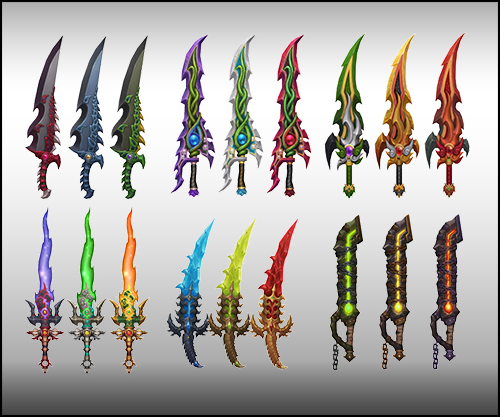
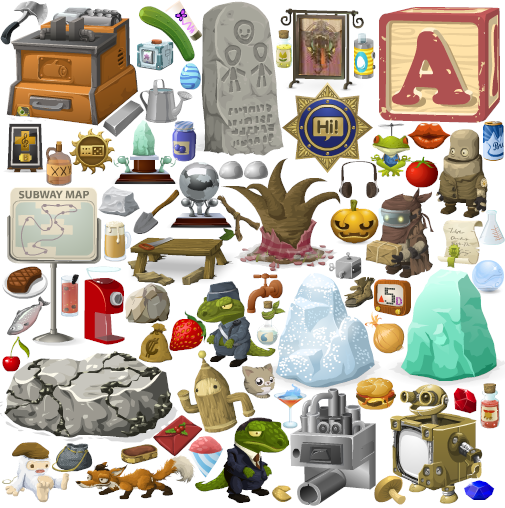

This post by drummyfish is shared under CC0 1.0, public domain.
#cc0 #challenge #cc0challenge #freeculture #sharing #experiment
#diaphoto_bea1714 #diaphoto #CC0 #mywork
Mein leicht verspäteter Beitrag zu diaphoto_bea, nachdem ich mein Stöckchen von @Sedonie Di Feeda bekommen hab:
Kindheitsträume
Viel Spaß beim basteln :)
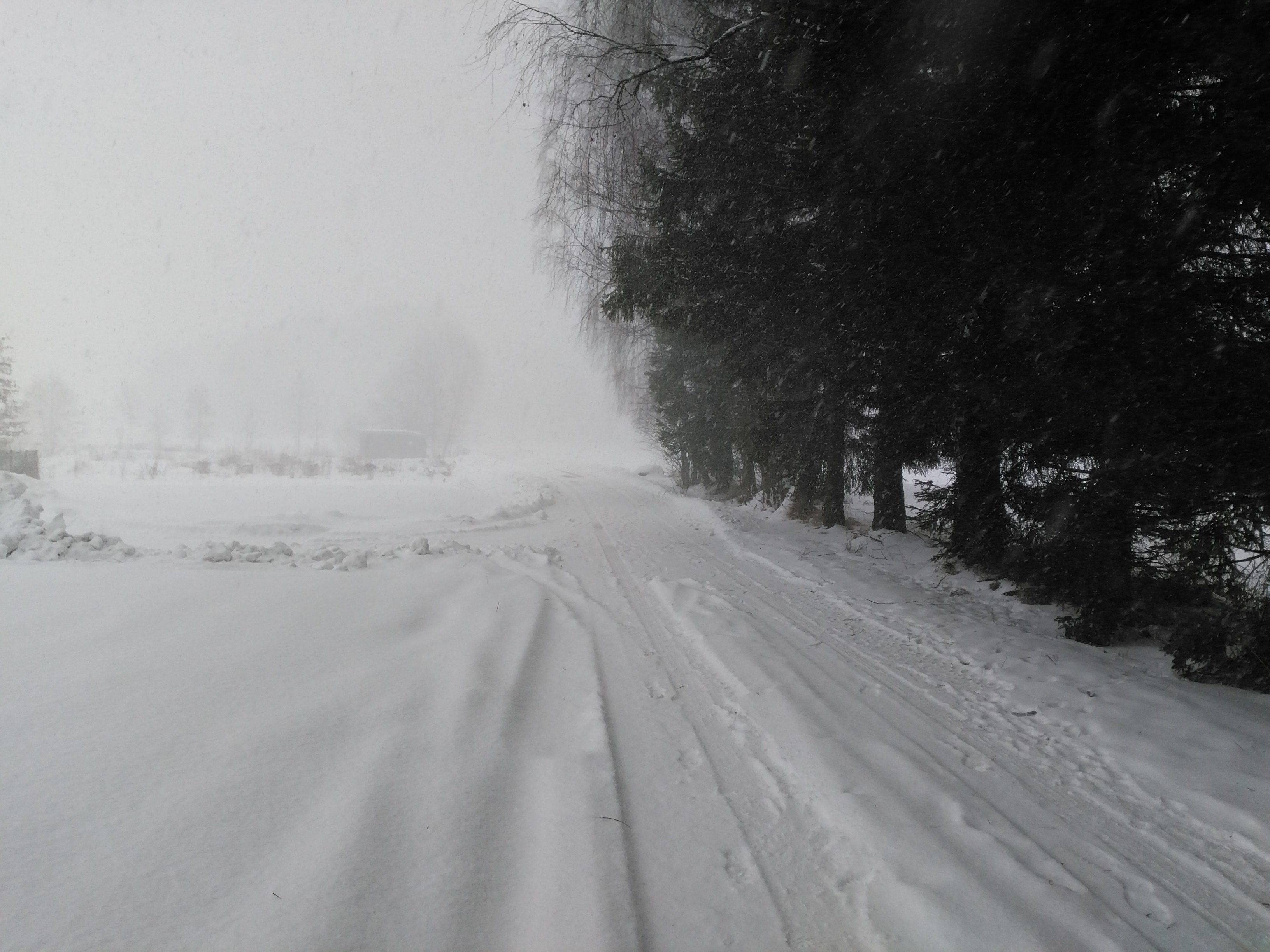
Damit ihr #Stadtkinder auch mal wieder wisst, wie #Schnee aussieht :P
#winter #scheißekalt - #cc0 aufs Bild

Und wenn die da draußen auch jetzt schon rumknallen, als hätten sie einen Anfall von akuter Kriegssehnsucht, ein #Fraktal geht immer | Bei Flickr gibts das Bild in 5000x5000 Pixeln und #CC0

Und wenns auch Hitzewarnungen in der Vorweihnachtszeit gibt: Ein #Fraktal geht immer. | Bei Instagram 0.95 beta… ähm… Flickr gibts das Bild in 5000x5000 Pixeln, natürlich #CC0
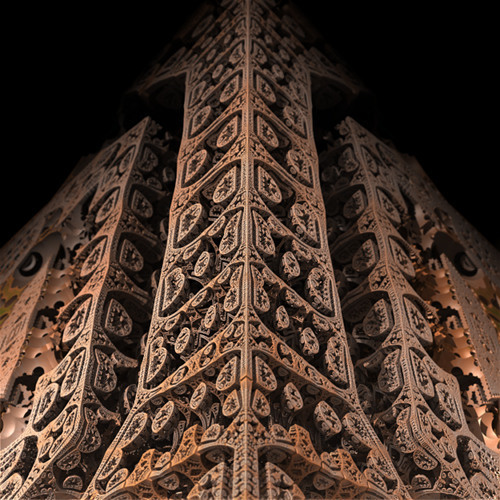
Und wenn wir auch alle totalüberwacht und vorratsdatengespeichert werden, ein #Fraktal (angereichert um steganografisch versteckte Zusatzdaten) geht immer | Bei Flickr wie immer mit 5000x5000 Pixelchen und #CC0

Den Menschen verlangts zwar nach Abwechslung und fremden Gegenständen (Goethe), aber ein #Fraktal geht immer. | 5000x5000 Pixel nebenan bei Flickr, natürlich #CC0
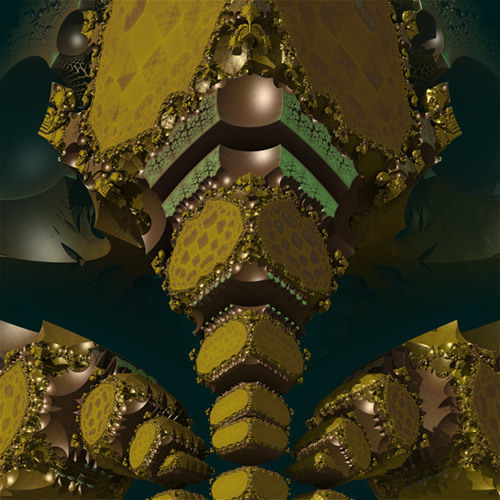
Und wenn auch die Gangschaltung am verdammten Fahrrad sagt: »Kümmer dich um mich«, so ein #Fraktal geht immer… | Bei Flickr natürlich wieder in 5000x5000 und #CC0

Auch, wenn das auf dem ersten Blick gar nicht so aussieht, es ist ein #Fraktal, und das geht immer… | Bei Flickr geht das sogar 5000x5000, natürlich #CC0
